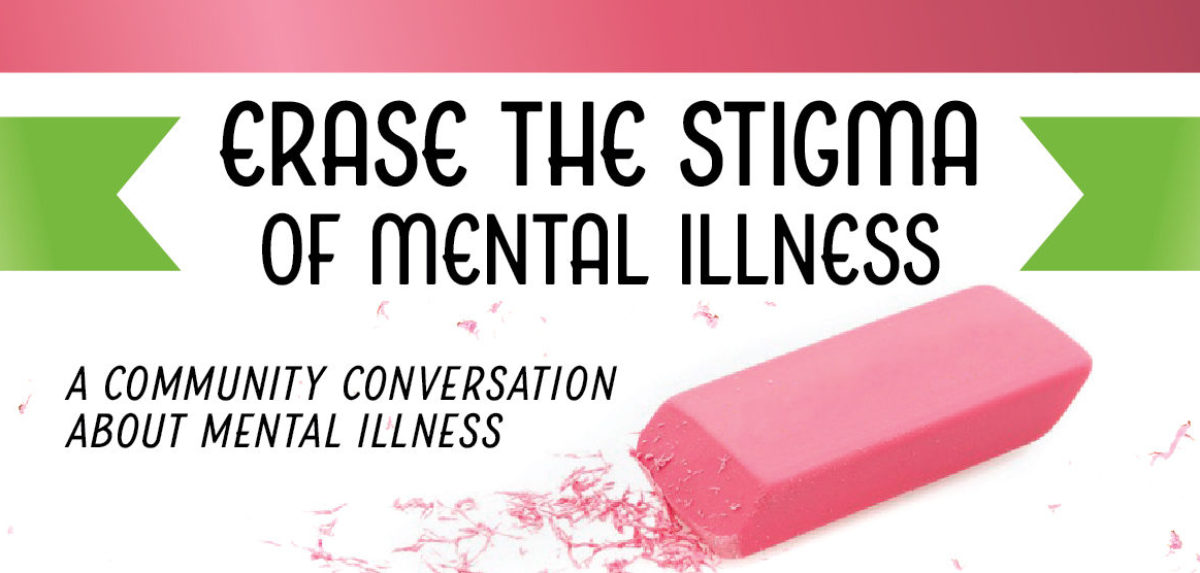National Suicide Prevention Lifeline
988
Be aware that when you call 988, a visit from law enforcement may occur. This is no true for every call but based on experience, this has happened.
Organizations
Butte County Resources:
24-hour Crisis Line:
530-891-2810 or 800-334-6622
- NAMI Butte County: 530-894-8551 http://www.namibuttecounty.org
- Enloe Behavioral Health: 530-332-5250 https://www.enloe.org/services-and-treatments/behavioral-health/behavioral-health-home
- Butte County Behavioral Health Adult Services: http://www.buttecounty.net/behavioralhealth/adult-services
- Butte County Youth Behavioral Health Youth Services: http://www.buttecounty.net/behavioralhealth/youth-services
- Northern Valley Talk Line: 1-855-5TALKLINE (1-855-582-5554). 7 days a week 4:30pm – 9:30pm
- Warm Line: 855-845-7415. 24/7. https://www.mentalhealthsf.org/peer-run-warmline/
- A Warm or Talk Line aims to be a HIGHLY ACCESSIBLE, LOW-THRESHOLD MENTAL HEALTH RESOURCE people can use for support BEFORE they’ve reached their boiling point, with the hope immediate support will PREVENT CRISIS later. The Warm Line aspires to bring authentic human connection to every conversation. Because our counselors are PEERS—with their own experiences of mental health challenges—MHASF provides support from a place of empathy, understanding, and hope for recovery.
Other Online Resources:
- A Warm or Talk Line aims to be a HIGHLY ACCESSIBLE, LOW-THRESHOLD MENTAL HEALTH RESOURCE people can use for support BEFORE they’ve reached their boiling point, with the hope immediate support will PREVENT CRISIS later. The Warm Line aspires to bring authentic human connection to every conversation. Because our counselors are PEERS—with their own experiences of mental health challenges—MHASF provides support from a place of empathy, understanding, and hope for recovery.
- BICYCLE HEALTH – We are committed to helping patients lead fulfilling and opioid-free lives. Opioid overuse is a major public health problem. The opioid epidemic is the most lethal drug epidemic in US history, and those with mentalhealth issues bear the brunt of the problem.
- CARE TEAM – Community, Assessment, Response and Education Team – Providing support when a young person is suicidal, has attempted suicide or has taken their life by suicide.
- SAMHSA Behavioral Health Treatment Services Locator: sponsored by the Substance Abuse and Mental Health Services Administration, use the locator to find alcohol and drug abuse treatment or mental health treatment facilities and programs around the country.
- Faces & Voices of Recovery: this organization believes that our nation’s response to the crisis of addiction should be based on sound public health science and the grassroots engagement and involvement of the recovery community – people in recovery, their families, friends and allies – organized in identifiable and mobilized networks of recovery community and allied organizations that foster collaboration, advocacy and public education about the reality of addiction recovery.
- Mental Health America: visit the “Finding Help” page for information on mental health conditions and links to resources in your area.
- National Alliance on Mental Illness: NAMI is the nation’s largest grassroots mental health organization dedicated to building better lives for the millions of Americans affected by mental illness. NAMI advocates for access to services, treatment, supports and research and is steadfast in its commitment to raise awareness and build a community for hope for all of those in need.
- Psych Hub: an online platform that offers evidence-based information about mental health, substance use and suicide prevention including a collection of free educational videos for consumers, family members and providers.
- Shatterproof: a national nonprofit organization dedicated to ending the devastation addiction causes families by changing the conversation about this disease and reducing the stigma and secrecy associated with it.
- National Suicide Prevention Lifeline: If you or someone you know is in crisis and needs immediate help, call the National Suicide Prevention Lifeline at 988 or visit www.suicidepreventionlifeline.org to access support via a chat function.
- National Institute of Mental Health: The mission of the NIMH is to transform the understanding and treatment of mental illnesses through basic and clinical research, paving the way for prevention, recovery and cure.
- Center for Disease Control Mental Health: includes basic public health information on mental health, aims to foster collaboration and advancement in the field of mental health in support of CDC’s public health mission.
- National Institute on Drug Abuse: NIDA’s mission is to lead the Nation in bringing the power of science to bear on drug abuse and addiction.
- Substance Abuse and Mental Health Services Administration: SAMHSA was established in 1992 and directed by Congress to target substance abuse and mental health services to the people most in need and to translate research in these areas more effectively and rapidly into the general health care system.
